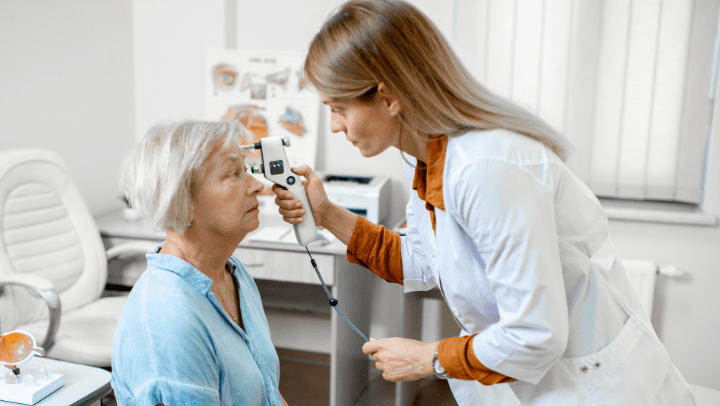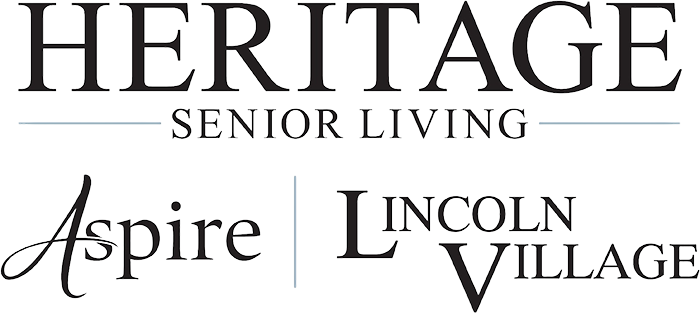
A third of all seniors develop some form of vision-reducing eye disease by age 65. This alarming fact shows why protecting your eyesight matters more as you age.
Eye problems like macular degeneration and cataracts can substantially affect your daily tasks. The good news is that your diet plays a vital role in maintaining eye health. Heritage Senior Living communities in Wisconsin know that proper nutrition helps protect your vision effectively. Your eye health improves when you add specific nutrients from fatty fish, leafy greens and colorful vegetables to your diet.
This piece will help you find the nutrients your eyes need and teach you to create a vision-friendly meal plan that preserves your sight over the coming years.
Understanding Age-Related Vision Changes
Natural changes happen to your eyes as you get older, and these can change your daily routine. In our community, we see how seniors who know about these changes take better care of their eye health.
Reading becomes harder with age because your eyes need more light to see clearly. You might find yourself more bothered by bright lights, especially when you drive at night or spend time in the sun. These changes start showing up in your 40s and become more noticeable once you reach your 60s.
Your eyes face several age-related conditions that need medical attention. Here are the most common ones:
- Cataracts that make your eye’s lens cloudy and make it hard to see at night
- Glaucoma affects about 5% of people at 65 and rises to 10% in those above 80
- Age-related macular degeneration (AMD) affects nearly 20 million Americans
Eye diseases often develop without pain or early warning signs. Regular eye check-ups are vital for residents in assisted living in Wisconsin. Health issues like high blood pressure can harm your eye health too.
There’s hope because doctors can treat many age-related vision problems if they catch them early. Regular eye check-ups should be part of your health care routine to protect your vision.
Essential Nutrients for Eye Protection
Research shows that proper nutrition protects your vision effectively. Specific nutrients can reduce the risk of advanced age-related macular degeneration by about 25%. These key nutrients are recommended to maintain eye health:
- Vitamins C and E: 500mg of vitamin C and 400 IU of vitamin E daily protect against cellular damage
- Zinc and Copper: 80mg of zinc with 2mg of copper supports retinal health
- Lutein and Zeaxanthin: These carotenoids from dark green leafy vegetables act as natural sunblock for your eyes
- Omega-3 Fatty Acids: Regular intake reduces dry eye symptoms and supports overall eye health
Research suggests that getting these nutrients from food sources provides the best benefits. Dark leafy greens, fatty fish, nuts and colorful vegetables are the foundations of an eye-healthy diet. Supplements can help, but they shouldn’t replace a nutrient-rich diet. Studies show that omega-3 supplements don’t reduce AMD risk as effectively as whole foods.
Creating a Vision-Friendly Meal Plan
Creating a vision-friendly meal plan is simple and straightforward. The Mediterranean diet provides an excellent foundation to add eye-healthy nutrients to your daily meals. Here’s how to create your eye-healthy meal plan:
- Start your day with omega-3-rich foods like chia seeds alongside citrus fruits
- Include colorful salads with dark leafy greens for lunch
- Plan dinner around baked fish with vibrant vegetables
- Keep nuts and seeds handy for nutritious snacks
- Prepare meals in advance for easy access
Seasonal eating helps maximize nutrition and budget effectively. Winter brings nutrient-rich options like Brussels sprouts and carrots. Summer offers fresh tomatoes and berries. We focused on healthier cooking methods – bake, grill or steam your foods instead of frying to preserve nutrients. This method will give you healthy meals ready to eat and help you avoid less nutritious alternatives. Your eyes need proper hydration to maintain moisture levels.
Success comes from planning ahead. A weekly menu with eye-friendly foods, advanced meal prep and proper storage make the difference. This approach makes healthy eating habits easier to maintain and supports long-term eye health.
Smart Food Choices
Your vision needs a smart mix of good nutrition, regular monitoring and preventive care. The food choices you make every day play the most important role in keeping your eyes healthy as you age. A Mediterranean-style diet rich in omega-3 fatty acids, vitamins and antioxidants gives your eyes the nutrients they need.
You don’t need to feel overwhelmed by these dietary changes. Heritage Senior Living’s experienced team knows the challenges seniors face with their eye health. Our caring staff can help you in your nutritional journey at our community- just call (844) 658-4475.
Smart food choices and regular check-ups will help you take control of your eye health today. Early detection and proper nutrition give you the best chance to preserve your vision. An eye-healthy diet protects your sight and boosts your overall well-being so you can lead a more active and independent life.






